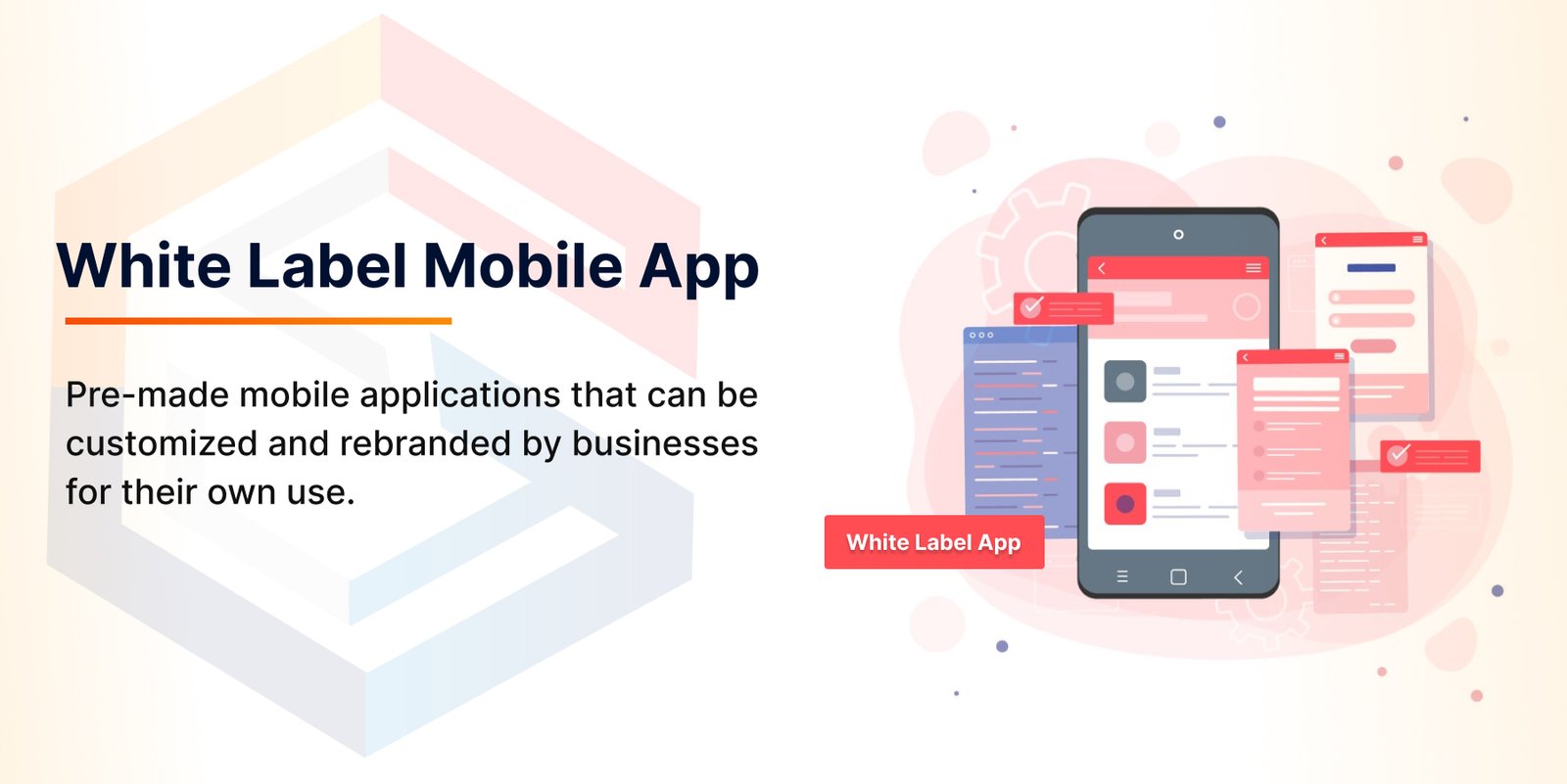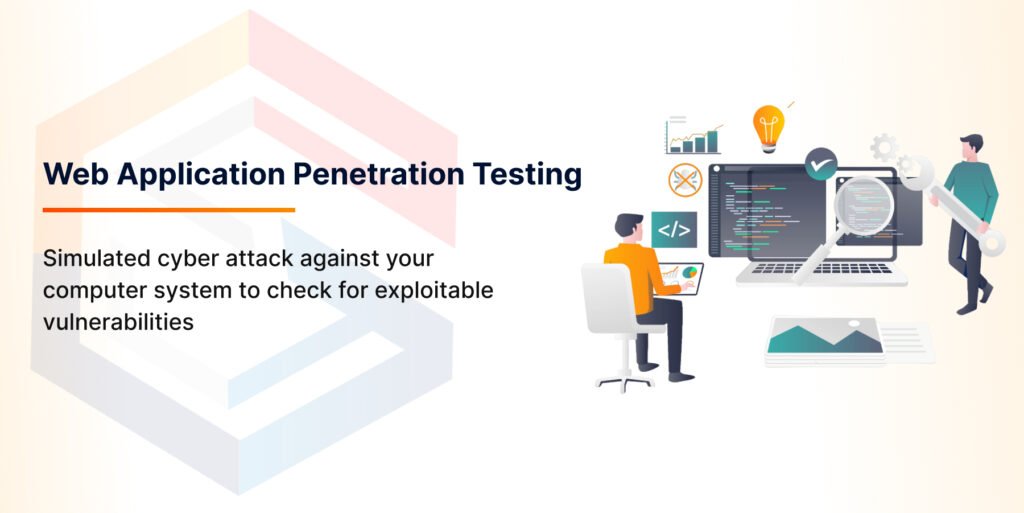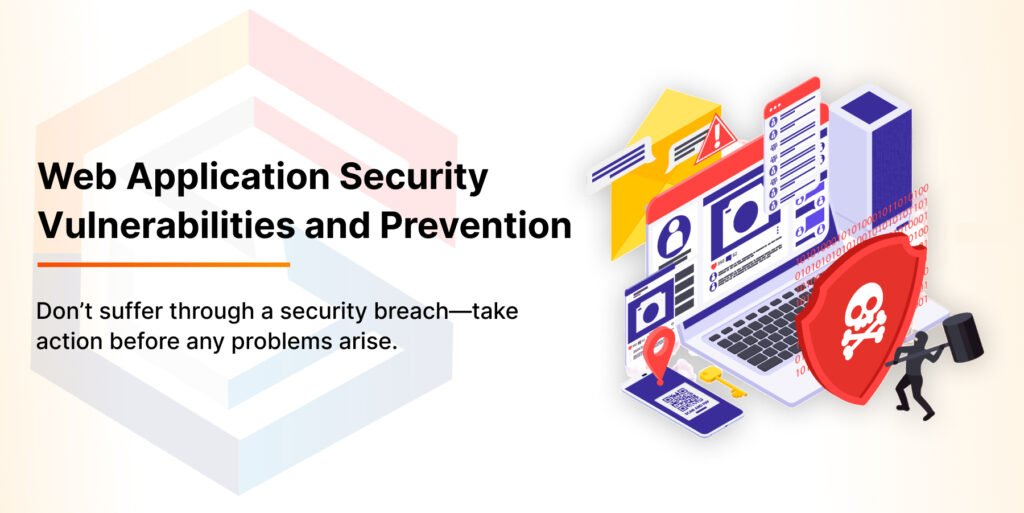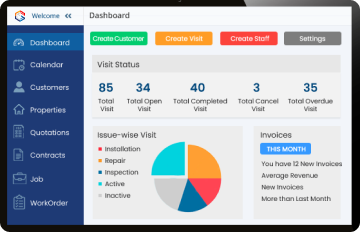Smartphone apps are becoming essential for many brands across industries, with 299 billion mobile applications downloaded in 2023 and 6.4 billion mobile users worldwide.
You can boost your business with a mobile app as it can provide you with an advantage, set apart your brand, and improve client relations. You can begin developing your mobile app from scratch or utilising an existing framework known as a white-label app.
But what is a white-label app? What is the process of white label app development that will boost your revenue? And What are the types of white label apps? In this blog, you will get to know everything about the white-label mobile app!
What is a White Label Mobile App?
A native mobile app developed and maintained by a third-party provider is called a white label app. Businesses can buy the pre-made app and customise it to represent their company. Businesses can also incorporate attributes and capabilities that are specific to the needs of their clients.
Applications that are already in use have several advantages, including lower development costs and quicker market introduction. In contrast to custom-built apps, they might have less flexibility and customisation options.
Who can Benefit from the White Label App?
- Startups that are unwilling to make significant financial commitments
- Companies that launch their goods or services in a particular market niche
- Companies without a need for complex features, like eCommerce companies without bonus or discount programmes
- Businesses like gyms, beauty salons, florists, mechanics, dry cleaners, or taxi services that do the majority of their business offline
- Companies looking to determine the response of the market to a mobile application
Types of White Label Mobile Application
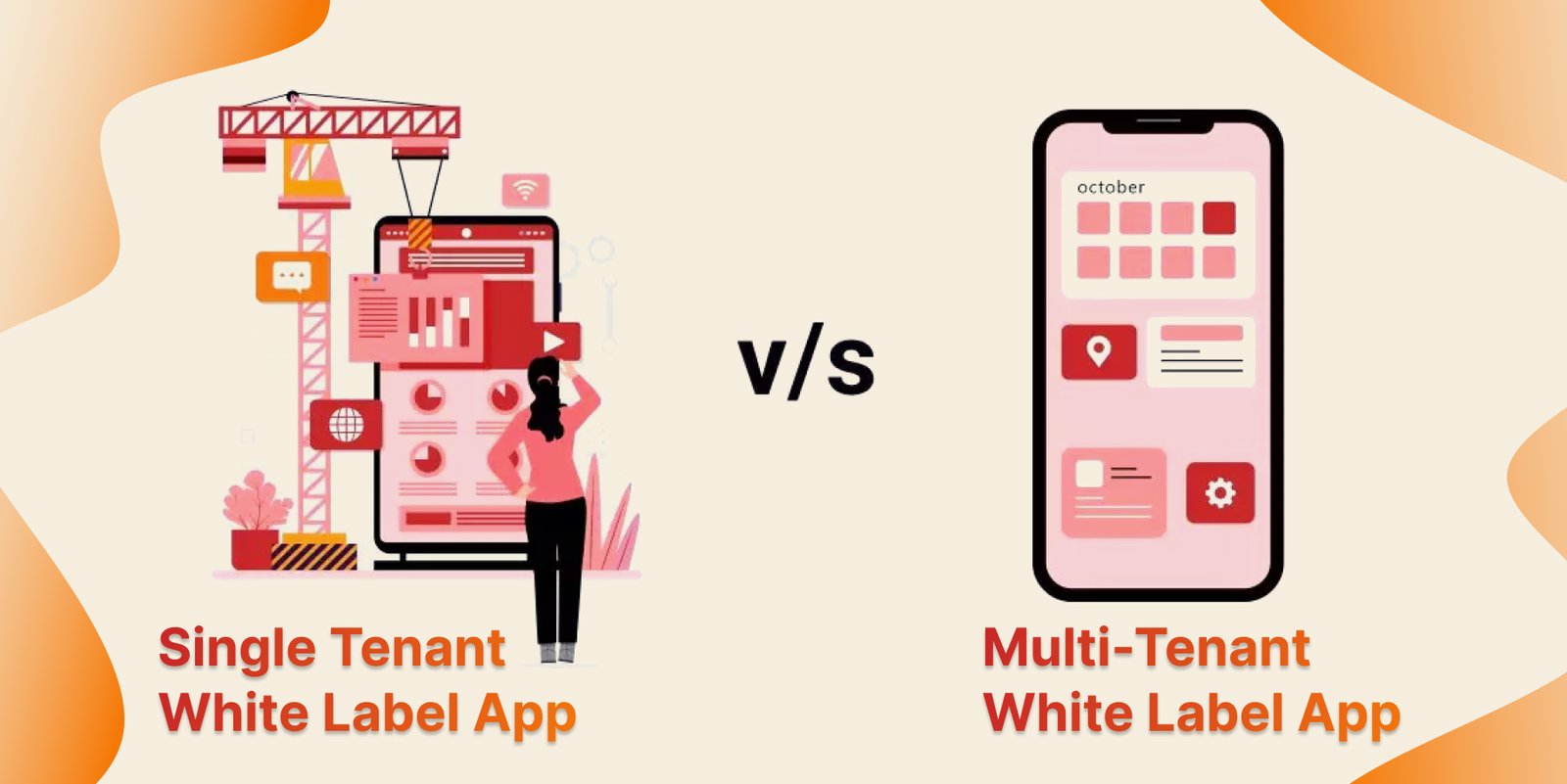
White-label apps fall into two main categories: single-tenant and multi-tenant, where a tenant refers to you as the app customer based on their technical characteristics and features.
- Single Tenant White Label App
The customer receives a single application copy when they purchase a single-tenant white-label app. This implies that you will receive a unique application that is tailored to your brand to the extent permitted. Other businesses will use the same app but with their branding.
Developers use the same backend code they have written for other customers to create single-tenant apps. Single-tenant white-label apps can be expensive because they only have one user for that particular environment.
- Multi-Tenant White Label App
White label apps with multiple tenants adopt a slightly different strategy than single-tenant apps. They usually use the Software-as-a-Service (SaaS) framework. Under this arrangement, multiple clients use the same backend technology to power their white label applications, each with a customised front end. The application is hosted on a single server.
All clients utilising the same underlying platform will be affected by any updates or maintenance carried out by the developers because multi-tenant white label apps operate on a shared server. That is why white label applications with multiple tenants are more affordable than single tenants. They offer little customisation on the front end or back end.
Read More – Custom Software Development Company
Benefits of White Label App
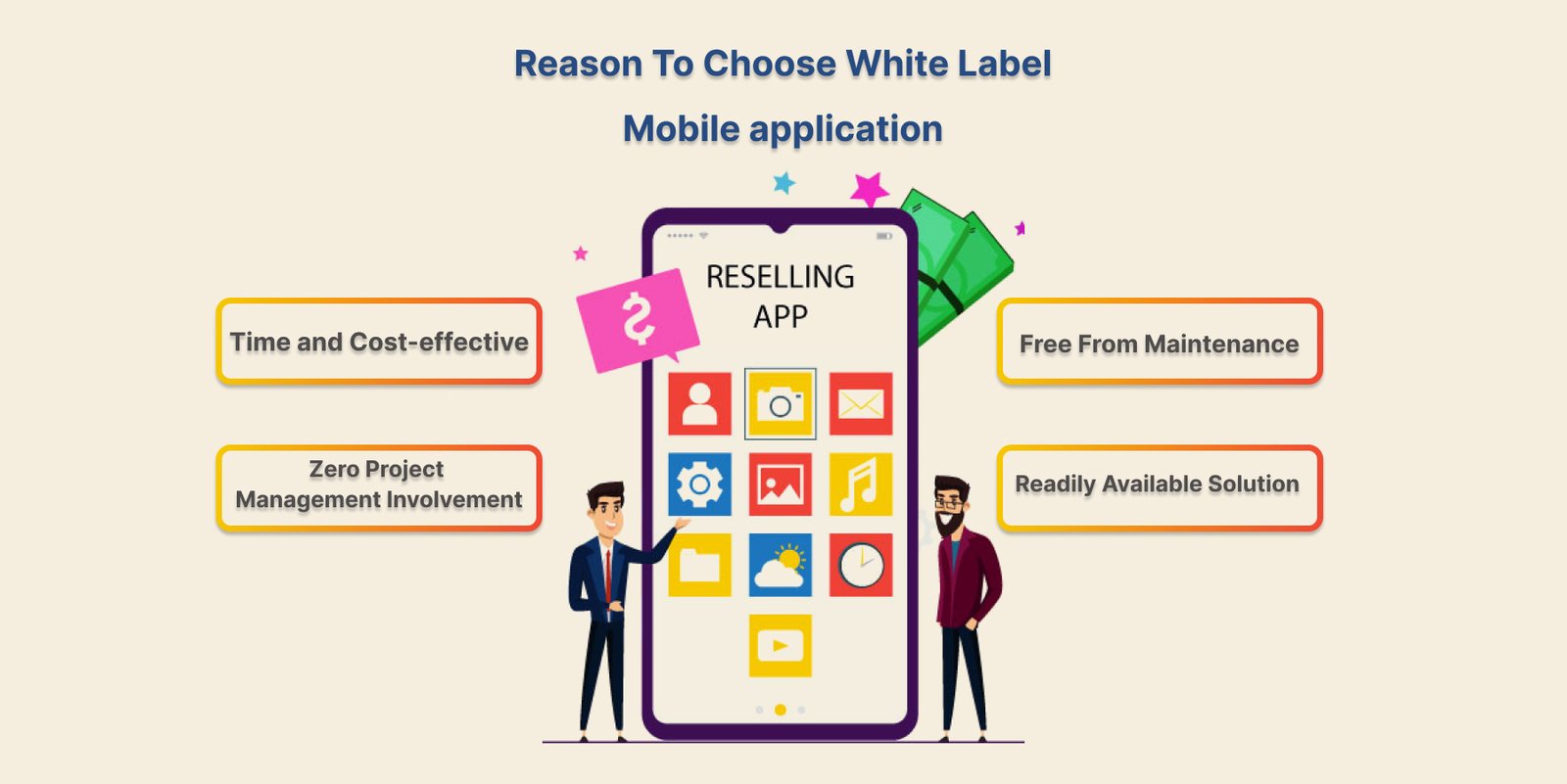
- Time and Cost-effective
The time and money savings that white label mobile app provide are among their biggest benefits. By avoiding lengthy development cycles and accelerating app releases, businesses can gain a competitive edge in the marketplace. This approach not only guarantees a quicker entry into the market but also turns out to be a major game-changer for startups and small businesses that are dealing with limited funding because of the associated cost savings.
- Zero Project Management Involvement
Selecting a white label app saves money and spares companies from having to deal with the difficulties of the development process. A white label app from a reliable seller is pre-built, compared to a custom app, which requires internal teams to manage project management and communication. Businesses can bypass the complexities of project management completely and potentially gain from a tried-and-true solution that perfectly fits their requirements.
- Free From Maintenance
White labelling allows vendors to host apps on their servers and offer a functional app without giving them complete access to the source code on the back end. While customisation is limited, the relief of app maintenance concerns is an important benefit. White label sellers usually employ dedicated teams to keep an eye on app performance and troubleshoot technical issues. Custom apps require maintenance responsibility and come with extra expenses after a significant time and financial investment in development.
- Readily Available Solution
While developing a custom app takes months, competitors might advance faster. Businesses choose white label apps—prebuilt and ready to be customised under your brand—to fill the gap. This strategic action accelerates the time to market significantly and guarantees that you stay competitive in the ever-changing business ecosystem’s download race.
Read More – Web Application Penetration Testing
Disadvantages of White Label App
- Promoting the App
It is your responsibility to market the application you have developed. Prospective users won’t be able to find your app and start transactions if they don’t know about it. You must develop a marketing strategy, which could take more time and work to get visibility after launching your app.
- Limited Customisation
While white label apps allow for customisation, the level to which businesses can alter the functionality and user experience of the app is limited. This could present difficulties for businesses with particular needs.
- Dependency on Providers
Companies that use white label solutions become dependent on the supplier for app updates, support, and upkeep. If the supplier experiences problems or stops offering support, the company may suffer.
Conclusion
As we know people are relying on smartphones today so the demand for mobile apps is growing continuously. If you want to develop a mobile app in a fast and cost-effective way, you can use the white label app development process. With this technology, a business can be started quickly. The way to rapid business establishment and financial gain is through white label mobile app development.
If you want to know more about white-label apps, you can connect with our Texas Soft Solutions team!

